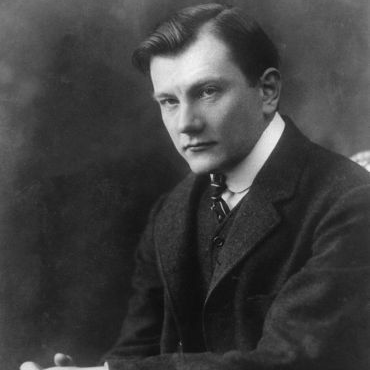
Ernő (Ernst) von Dohnányi (1877–1960) was a Hungarian virtuoso—acclaimed pianist, composer, conductor, and influential educator. Born in Pozsony (today Bratislava) on July 27, 1877, he studied piano under István Thomán (a pupil of Liszt) and composition with Hans von Koessler, whose Brahmsian leanings shaped much of Dohnányi’s compositional voice. His early Piano Quintet in C minor earned the approval of Brahms himself, helping launch his international career.
Dohnányi became a prominent figure in Hungarian musical life, holding posts at the Budapest Academy (later its director) and serving as music director of Hungarian Radio and the Budapest Philharmonic. He championed modern Hungarian composers like Bartók and Kodály—even while composing in a more conservative, Romantic-revival style.
During World War II, Dohnányi resigned rather than enforce anti-Jewish policies and worked to protect colleagues persecuted under Nazi rule. After the war, political rumors tarnished his reputation, though these were eventually overturned; in 1990, he was posthumously awarded Hungary’s highest civilian honor, the Kossuth Prize.
In 1949, he emigrated to the United States, settling at Florida State University in Tallahassee as a professor of piano and composition until his death in New York on February 9, 1960. Dohnányi’s music—marked by its Romantic elegance and craftsmanship—has seen a revival in recent decades through recordings and scholarly rediscovery.
We are on a mission to bring the highest quality musical experiences to all corners of our community.
Sign up to join our newsletter and receive updates on upcoming events and exclusive discounts.